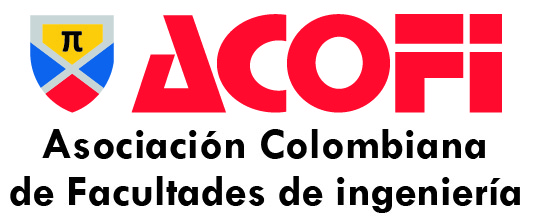University class timetables assigned through evolutionary algorithms
DOI:
https://doi.org/10.26507/rei.v5n9.15Keywords:
subjects, scheduling, classrooms.Abstract
Allocation of class schedules is a complex problem due to the amount of restrictions that it poses and the criteria that are applied to the process. The allocation of class schedules and classrooms is an expert system that reproduces the knowledge gained from years of handling academic processes. There are universities that, in the process of allocation of class schedules and classrooms, generate conflicts between subjects, produce long intervals between class sessions, show geographical distances for students among teaching shifts and reveal dissatisfaction expressed by teachers and students. The set of restrictions imposed by the philosophy of the university introduces some complex restrictions designed to minimize the time students spend in the university campus and the conflicts among subjects. This research work seeks to find a solution for a practical problem of allocation of class schedules, a problem classified as a matter of timetabling which is often considered a common problem in the academic context.Downloads
References
Bardadym V. (1996). Computer Aided School and University Timetabling. The New Wave. Lecture Notes in Computer Science Series, Vol. 1153, pp. 22-45.
Burke E., De Werra D. y Kingston J. (2003). Applications to Timetabling. Gross y Yellen Editores and Handbook of Graph Theory, pp. 445-474.
Burke E., Jackson K., Kingston J. y Weare R. (1998). Automated University Timetabling: The State of the Art. The Computer Journal. Vol. 40 Nº 9, pp. 565-571.
Carter M. y Laporte G. (1998). Recent Developments in Practical Course Timetabling. Lecture Notes in Computer Science. Vol. 1408, pp. 3-19.
De Werra D. (1985). An Introduction to Timetabling. European Journal of Operational Research. Vol. 19, pp. 151-162.
Downloads
Published
How to Cite
Issue
Section
License
Total or partial reproduction of the documents published in the journal is authorized only when the source and author are cited.
| Article metrics | |
|---|---|
| Abstract views | |
| Galley vies | |
| PDF Views | |
| HTML views | |
| Other views | |








